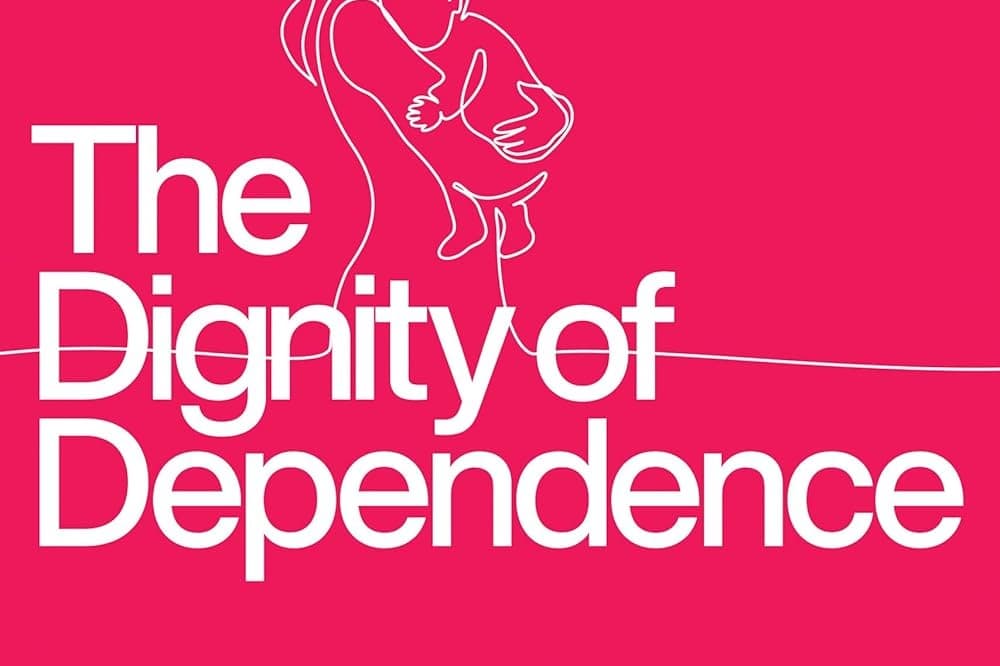8th February, 2026
A Fountain Publication

The Lodestar
Online Magazine for the Thinking Christian

Views
GRATIS PRO DEO: Free for the Sake of God
Everything is commodified, branded, and monetised; even Christian service. Once freely given, faith-based works now bear price tags. While expenses are real, the Bible calls for selfless service. How to balance financial needs with true Christian giving?
By Paulson Pulikottil (www.paulsonp.net) on 23rd March, 2025
Commodification, branding and monetising are the forces that drive the modern world, especially entrepreneurship.
Commodification transforms goods, services, ideas, or even human experiences into commodities that can be bought, sold, or traded in a market. Commodification often involves assigning economic value to things that were previously not considered commercial products. For example, entertainment is commodified as music and video channels that must be subscribed. Education is commodified and sold at competitive prices (fees) depending on the institution’s quality and reputation. Health care is another commodity whose cost shoots past ordinary people’s purchasing ability.
Once commodified, services and goods that were once free must be branded to stand out among competitors. Branding is the process of creating a distinct identity for a business, product, or individual in the minds of consumers. It involves shaping how a brand is perceived through its name, logo, design, messaging, and overall customer experience.
The purpose of commodifying and branding is to monetise what was otherwise available for free. Monetising means generating revenue from an asset, product, service, or idea. It involves turning something into a source of income, often through sales, advertising, or other financial strategies.
Commonplace in secular life, these concepts have also invaded Christian service. Preachers brand themselves and their ministries to stand out and be undeniably noticeable. Books and music are copyrighted to be sold or subscribed for a fee. In contrast to the age-old hymns that were always in the public domain, modern Christian songs are copyrighted and demand royalty even for use in worship. Composers and performers insist on displaying their logo, copyright information, and website URL on the screen when these songs are projected in a worship session. Christian service is monetised and has become a means of making money.
We should not ignore the expenses that Christian preachers, authors, songwriters, composers, gospel bands, and video makers incur to provide their services. They get nothing free!
But this flies in the face of the core Christian value we had been cherishing, encapsulated in the ancient Latin phrase “gratis pro deo.” This phrase means “free for God” or “for God’s sake freely given.” It conveys the idea of doing something out of devotion without expecting payment or material reward. This has been the foundational principle of the Christian service of individuals and institutions like Christian hospitals, schools, and other charitable organisations.
This Christian principle is rooted in Jesus’ charge to his disciples. When he sent the apostles to “Heal the sick, raise the dead, cleanse lepers, cast out demons,” he added, “Freely you have received; freely give.” This principle advocates service without the expectation of material reward.
In the past, the apostles worked with their hands to earn a living and preach the gospel. Apostle Paul could defend himself before the elders of the churches in Ephesus, pointing out that he earned his living by doing manual work to serve them. “I have not coveted anyone’s silver or gold or clothing. You yourselves know that these hands of mine have supplied my own needs and the needs of my companions. In everything I did, I showed you that by this kind of hard work we must help the weak, remembering the words the Lord Jesus himself said: ‘It is more blessed to give than to receive’” (Acts 20:33—35).
There are many questions. How do the Christian workers support themselves? How can they offer free service when they must pay for whatever they produce? Is it wrong to pass on the expenses to those who enjoy the benefit of their service?
The Bible also exhorts believers to support those who serve them. Paul wrote to the church in Corinth, “In the same way, the Lord commanded that those who proclaim the gospel should get their living by the gospel” (1 Corinthians 9:14). But he was not demanding anything for himself. He instructed the churches in Galatia, “Let the one who is taught the word share all good things with the one who teaches” (Galatians 6:6).
The Bible teaches that Christian service in all forms must be free for the sake of God. At the same time, it also demands that those who benefit from such services stand with those who serve them. This mutual trust is essential, as is trusting God, as “God will supply every need according to his riches in glory in Christ Jesus” (Philippians 4:19). God will meet the needs of all those who serve him if their goal is to do everything as if to the Lord.
The goal of Christian service is not material gain but the selfless act of serving others. This is the true nobility of Christian service, a beacon of hope in a needy world.
Share this Article
Advertisements
Explore More on The Lodestar

Danger of Palatable Gospel: Wounds Before Healing
Reject palatable Gospel! True salvation wounds pride first. Sugar-coated sermons soothe but never save—conviction kills ego before resurrection life. Read why modern preaching fails.

Sargeant: “The Dignity of Dependence: A Feminist Manifesto"
Sargeant, Leah Libresco. The Dignity of Dependence. A Feminist Manifesto. University of Notre Dame Press, 2025.
Subscribe to our free weekly digest.
Join hundreds of others who have subscribed to our free weekly digest for inspiring news, faith, community, family, opinion, and culture content. Stay connected and nurture your spiritual growth with thought-provoking articles delivered straight to your inbox.
Join our growing community of readers today.

